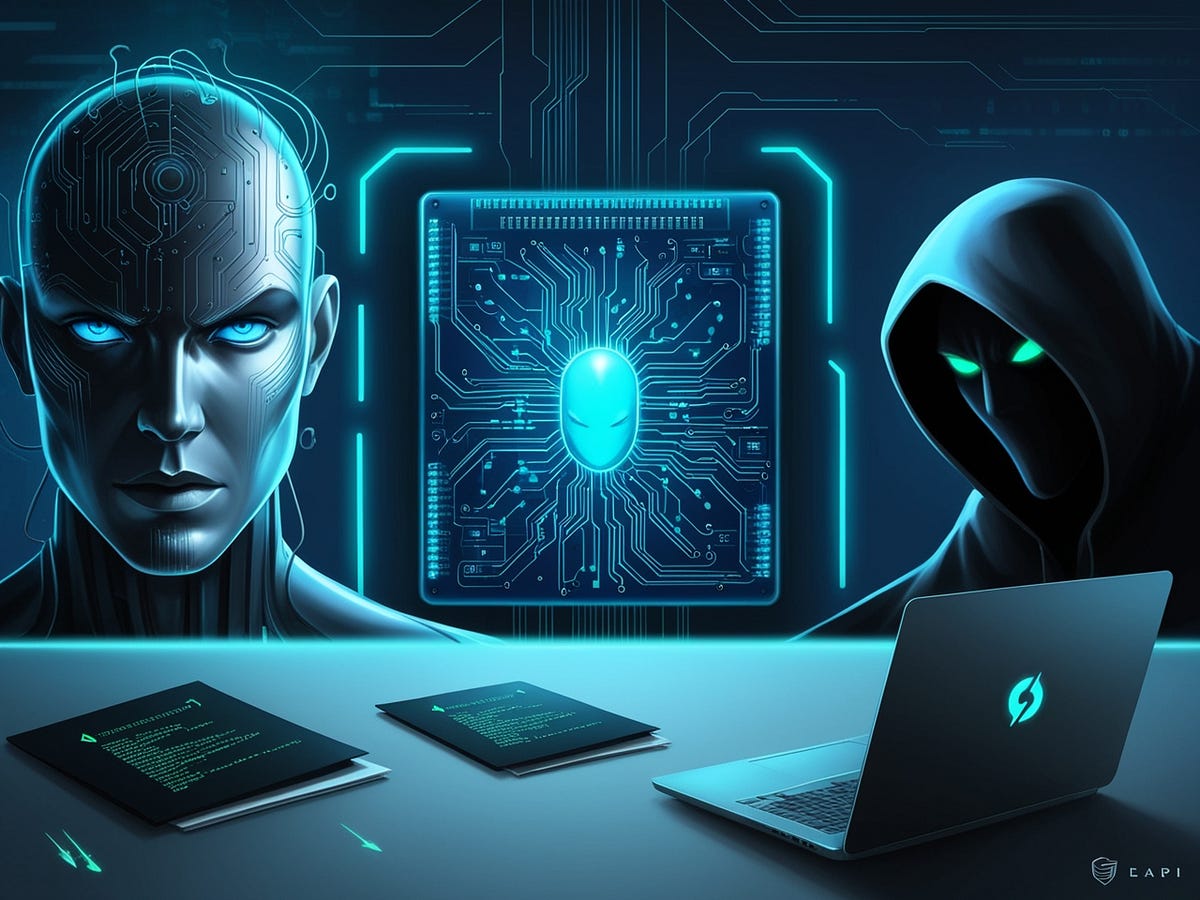Medium
1M
9

Image Credit: Medium
Cybersecurity in the Age of AI: How Artificial Intelligence Could Defend or Attack
- AI in cybersecurity advances threat detection and response aiding analysts with real-time threat recognition and response to minimize damages.
- Predictive power of AI aids in identifying attacks and vulnerabilities before attackers exploit them.
- AI-powered automation frees up human resources for complex security issues and handles repetitive and time-consuming tasks effectively.
- AI tightens the security infrastructure by enforcing identity verification protocols and access control.
- AI-driven cyberattacks, referred to as polymorphic malware, evade traditional antivirus programs by altering their behavior or appearance in real-time and require advanced defenses to counter.
- Organizations could collaborate between AI experts and cybersecurity professionals to develop robust systems to counter cyber threats.
- Zero-trust models constantly verify identity and limit access based on contextual information-by assuming every user and device could be compromised, organizations could prevent major cyber-attacks.
- Implementing AI-driven cybersecurity systems require substantial resources and are expensive.
- The use of AI raises significant privacy concerns and strikes a balance between effective threat detection and respecting individual privacy remains a major challenge.
- Awareness on AI-powered cyber threats and defense mechanisms are crucial, educating employees and stakeholders could help minimize risks associated with human error.
Read Full Article
Like
For uninterrupted reading, download the app